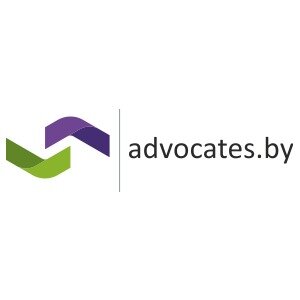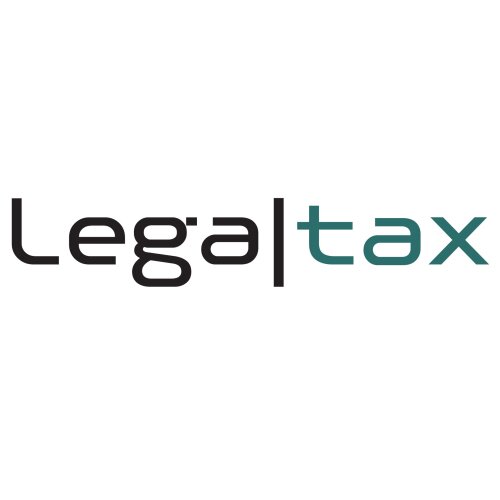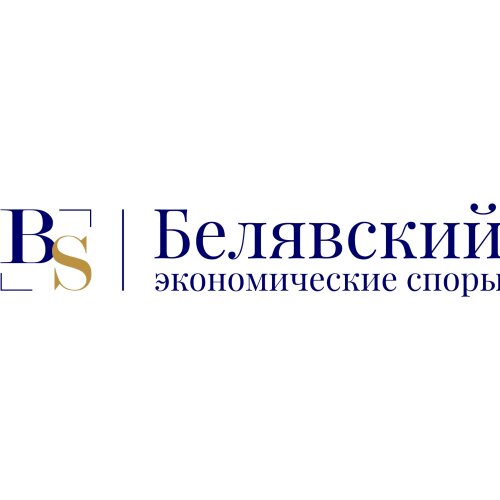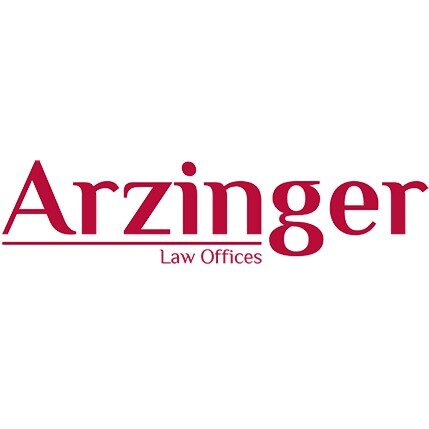Best Tax Increment Financing Lawyers in Belarus
Share your needs with us, get contacted by law firms.
Free. Takes 2 min.
Or refine your search by selecting a city:
List of the best lawyers in Belarus
About Tax Increment Financing Law in Belarus
Tax Increment Financing (TIF) is a public financing method that has been adopted in various countries to facilitate economic development. In Belarus, TIF initiatives can be used to support infrastructure projects and drive urban renewal by redirecting future tax revenue increases toward current projects with the aim of stimulating economic growth. The TIF model in Belarus is designed to attract investment into designated areas by leveraging the anticipated rise in property tax revenues resulting from the development and improvement of that area.
Why You May Need a Lawyer
Legal expertise in Tax Increment Financing is essential for navigating the intricate details of setting up and managing TIF districts. Here are some situations where a lawyer could be helpful:
- Project Structuring: Establishing a TIF district and ensuring compliance with pertinent regulations requires understanding local laws and financial structures.
- Contract Negotiations: For developers and municipalities, negotiating contracts related to TIF projects can have long-term implications.
- Dispute Resolution: Legal assistance may be necessary for resolving disputes between stakeholders, including developers, community groups, and government entities.
- Compliance and Monitoring: Regular monitoring and reporting are required to maintain compliance with TIF statutes, where legal oversight is crucial.
Local Laws Overview
In Belarus, the legal frameworks governing Tax Increment Financing are closely tied to regional economic development laws. Key aspects include:
- Project Approval: TIF projects must be approved by local governing bodies and align with broader economic strategies.
- Public Participation: There is often a requirement for public hearings or consultations before establishing a TIF district.
- Financial Regulations: Detailed financial plans indicating how increment revenues will be utilized must be submitted and approved.
- Tax Revenue Allocation: Laws specify the allocation process of increment revenues and mechanisms for accountability.
Frequently Asked Questions
What is Tax Increment Financing?
Tax Increment Financing is a method to fund development projects by allocating tax revenue increments generated by the project to pay for its financing.
Is Tax Increment Financing widely used in Belarus?
While not as widespread as in some western countries, TIF is gaining attention as a tool for urban and regional development in Belarus.
Who benefits from TIF projects?
TIF projects aim to benefit municipalities by fostering economic development, creating jobs, and enhancing public infrastructure, although successful implementation is crucial for widespread benefits.
How are TIF districts established?
TIF districts are designated by local authorities following a proposal process that typically includes feasibility studies and public consultations.
What kind of projects can be funded with TIF?
Projects that could be funded include infrastructure improvements, redevelopment of blighted areas, public facilities, and other initiatives that are expected to increase property values and tax revenues.
What happens if a TIF project fails?
If a TIF project fails, risks are generally shared among municipal bodies, developers, and financial institutions. Specific clauses in the contract will dictate the financial obligations.
Can individuals oppose a TIF initiative?
Yes, during public hearings, community members can express opposition or concerns about TIF initiatives.
How long do TIF agreements last?
The duration of TIF agreements varies, often ranging from 15 to 30 years, depending on the scale and scope of the project.
Who oversees TIF projects in Belarus?
Local government bodies usually oversee TIF projects, ensuring they comply with financial and regulatory requirements.
Are TIF funds restricted to particular uses?
Yes, TIF funds are typically restricted to project-related expenses like infrastructure development, land acquisition, and other direct costs.
Additional Resources
For those seeking more information or legal assistance with TIF matters, consider the following resources:
- The Ministry of Economy of the Republic of Belarus - For guidelines and economic development strategies including TIF.
- Local municipal offices - For information on specific TIF projects and local regulations.
- Legal experts specializing in real estate and financing law - To provide professional legal counsel.
Next Steps
If you require legal assistance with Tax Increment Financing in Belarus, consider the following steps:
- Identify potential legal issues or questions you have regarding TIF.
- Consult with a lawyer who specializes in public financing and urban development.
- Gather relevant documentation regarding the TIF project or proposal.
- Contact local government offices for specific regulatory details and compliance requirements.
- Engage in community forums or public hearings to stay informed about TIF projects in your area.
Lawzana helps you find the best lawyers and law firms in Belarus through a curated and pre-screened list of qualified legal professionals. Our platform offers rankings and detailed profiles of attorneys and law firms, allowing you to compare based on practice areas, including Tax Increment Financing, experience, and client feedback.
Each profile includes a description of the firm's areas of practice, client reviews, team members and partners, year of establishment, spoken languages, office locations, contact information, social media presence, and any published articles or resources. Most firms on our platform speak English and are experienced in both local and international legal matters.
Get a quote from top-rated law firms in Belarus — quickly, securely, and without unnecessary hassle.
Disclaimer:
The information provided on this page is for general informational purposes only and does not constitute legal advice. While we strive to ensure the accuracy and relevance of the content, legal information may change over time, and interpretations of the law can vary. You should always consult with a qualified legal professional for advice specific to your situation.
We disclaim all liability for actions taken or not taken based on the content of this page. If you believe any information is incorrect or outdated, please contact us, and we will review and update it where appropriate.
Browse tax increment financing law firms by city in Belarus
Refine your search by selecting a city.














